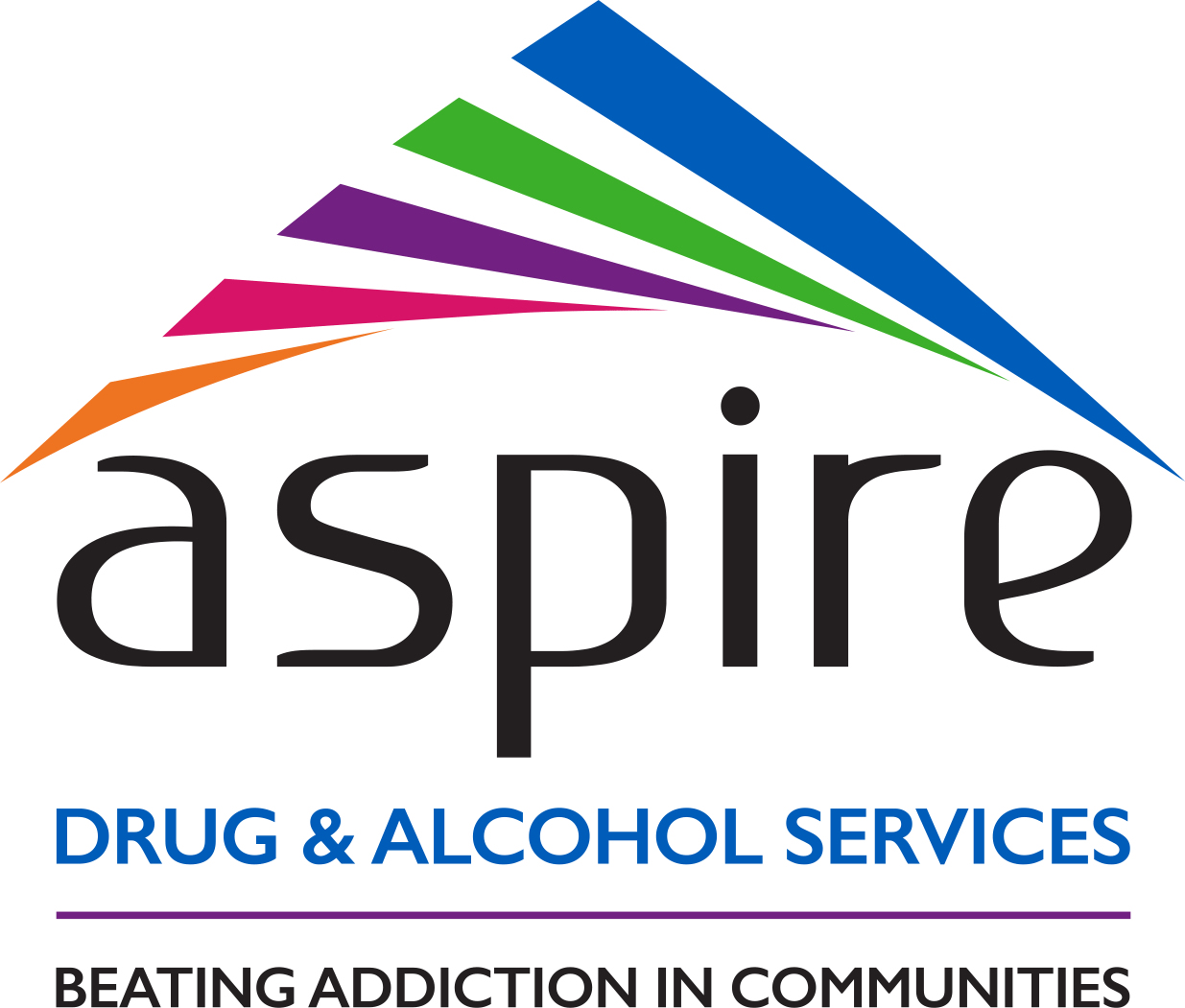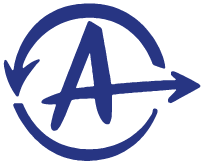Peer mentors and volunteers

We value the input of volunteers in all our services whether people are in recovery themselves or whether they have no first hand experience of substance misuse, they add something extra to services.
Peer mentors bring their personal experience of addiction and recovery and those volunteers drawn from the community bring their life experience and their roots and contacts within the community. Both enrich what we are able to offer service users and make the first links into the recovery community and the geographical community.
The role of peer mentors
People come into services for many reasons. Once they’re in the first step has been taken on the road to recovery though most cannot see it at the time.
 Welcome
Welcome
People are welcomed into the recovery community and offered friendship and support. As a peer this is offered from a position of having been there, with empathy and without judgement. This is visible recovery contagion.
Proof that recovery is possible
For many people who enter services the most difficult thing is to begin to believe that recovery is possible for them. In fact it is often the case that the service believes that a person can change before they do.
One of the things that can help is to meet someone who has ‘been there’ and who has made some of those changes, someone who is living proof that recovery is possible, they make recovery a reality.
Friendship and support
 Peer mentors share their stories with others and offer support to people beginning their recovery journeys. Offering friendship and encouragement, peer mentors play a valuable role in motivating others are helping begin to build social skills and contacts.
Peer mentors share their stories with others and offer support to people beginning their recovery journeys. Offering friendship and encouragement, peer mentors play a valuable role in motivating others are helping begin to build social skills and contacts.
Connecting recovery resources
Peer mentors often have personal experience accessing the resources within our service or the wider community, and can bring those personal experiences to bear.
Peer mentors encourage people to try new activities, many of which are peer led, which can range from opportunities to participate in team sports to family-centred holiday celebrations and get-togethers that are alcohol and drug free. Finding new interests is often first step in building a social circle outside the drug and alcohol scene.
Building a recovery community
Peer mentors are different from professional staff and the focus is on building a supportive peer based friendship. This is often first step in building a new social circle. Such a network of friends is key to recovery, friends are people who you have fun with and who will offer you support even when you are out of treatment.

Informing service development
Peer mentors have a key role in the development of our services. They bring a unique perspective and first-hand knowledge of what work best in their locality. This enhances our ability to design local services to meet the specific needs of local people and circumstances.
The benefit to the volunteer mentor
 Whether people are in recovery themselves or have no experience of addiction there are benefits to becoming a volunteer mentor. It enhances the volunteers wellbeing, giving back, helping people grow and develop. The role also supports the development of a number of skills and attributes such as:
Whether people are in recovery themselves or have no experience of addiction there are benefits to becoming a volunteer mentor. It enhances the volunteers wellbeing, giving back, helping people grow and develop. The role also supports the development of a number of skills and attributes such as:
- Building self-confidence and combating boredom
- Taking responsibility
- Valuing their own achievements
- Communication, leadership and organisational skills
- Having fun
- Meeting new people and make new friends
- Trying and experiencing new things
For some peer mentors this may be the first step towards tangible progress towards employment, further personal development and growth.
Training
Our peer mentor training course is a nationally recognised award accredited by the national Open College network. This not only assures the quality of mentors but provides an opportunity to achieve a nationally recognised qualification. Adding this to a CV is for many, the first step on a pathway which can support the search for further education and training or employment. For many becoming a peer mentor is a significant step on their recovery journey.
A number of peer mentors have ended up with full time employment within Aspire and the training courses offer a bedrock.

About Aspire
Aspire is a partnership organisation set up by Rotherham Doncaster and South Humber NHS Foundation Trust (RDaSH) and registered charity The Alcohol & Drug Service (ADS).
We pride ourselves on being innovative and forward thinking, and work closely with the recovery communities we serve to provide flexible, responsive services, which offer the best possible recovery outcomes for all our service users.



